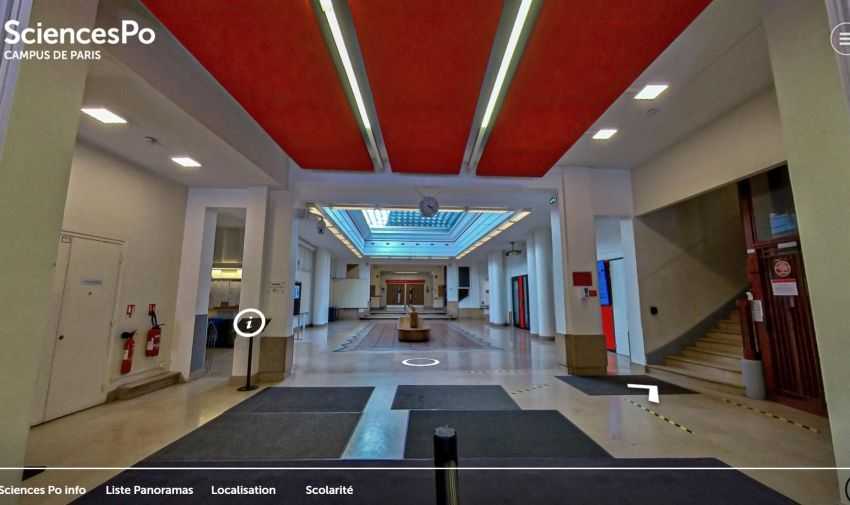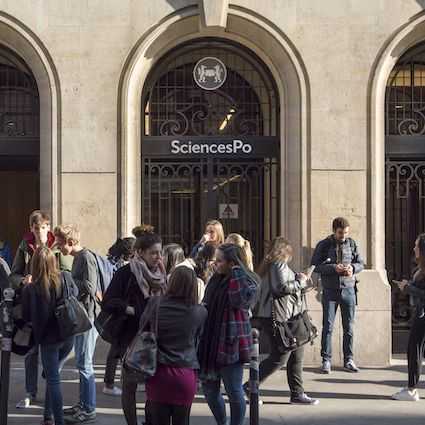
Home>Academics>Disciplines>Economics
Economics
First-Year Core Courses
The first year economics course offers a general introduction to major contemporary economic issues and the economic methods used to address them.
It takes an innovative approach, starting with a historical question or challenge, such as social inequality, climate change or economic instability. It then uses economic models and concepts to analyse these issues, enabling students to understand both the strengths and limitations of economic modelling. It is complemented by mathematics courses in the first semester and quantitative methods courses in the second.
Deepen your understanding of economics through the major
The second year allows students who choose the economics major to deepen their knowledge. Like all fields of study, it consists of two lecture courses, one of which is accompanied by methodology seminars.
These courses offer rigorous training in both microeconomics and macroeconomics, covering topics such as game theory, contract theory, behavioural economics, decision theory, economic and public policy, international finance, environmental issues and governance challenges at different levels.
Students in this major learn to understand market mechanisms and the socio-economic implications of public policies addressing contemporary challenges.
Depending on their interests, students can personalise their programme by choosing methodology workshops in econometrics and data analysis, and seminars on a wide range of economic topics. They may also take an introductory course in entrepreneurship.
Examples of economics courses offered during the first two years of the Bachelor’s programme include:
- International Economic Governance and Development;
- Trade and International Finance;
- Microeconomics: Information, Design and Institutions;
- History of Economic Thought;
- Financial Inclusion and Development;
- Refugee Economics;
- Neuroeconomics and Decision Psychology;
- International Financial Architecture: Financial, Institutional and Political Issues;
- Financial Principles;
- The Age of Economists: A History and Critique;
- State, Markets and Civil Society Development Policy;
- Labour Economics;
- Law and Political Economy: An Introduction;
- The Foundations of Mathematical Statistics and Econometrics for Informed Citizens;
- , etc.
Further studies: Master's degrees in Economics at Sciences Po
After completing their Bachelor's degree, students can continue their studies at one of Sciences Po's eight graduate schools. The economics courses taught at the undergraduate level provide rigorous tools for analysing and understanding economic, social and political dynamics.
Students wishing to deepen their knowledge of this discipline often choose programmes where economics plays a central role, such as those offered by the School of Management and Impact or the School of Public Affairs. There, they can study topics such as public economics, regulation, sustainable development and economic policy. Economics is also a key component of several other master's programmes, notably within the School of International Affairs and the Paris Climate School, where it sheds light on issues related to globalisation, ecological transition and market governance.
Finally, the School of Research offers a Master's degree in economics that provides technical and quantitative skills and paves the way for doctoral studies or careers in academia, international organisations, government or the private sector.
These programmes enable students to consolidate their analytical skills and pursue their education from an interdisciplinary perspective, open to today’s major economic challenges.
Find out more about Sciences Po’s master’s programmes related to Economics (FR).



